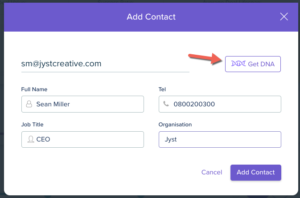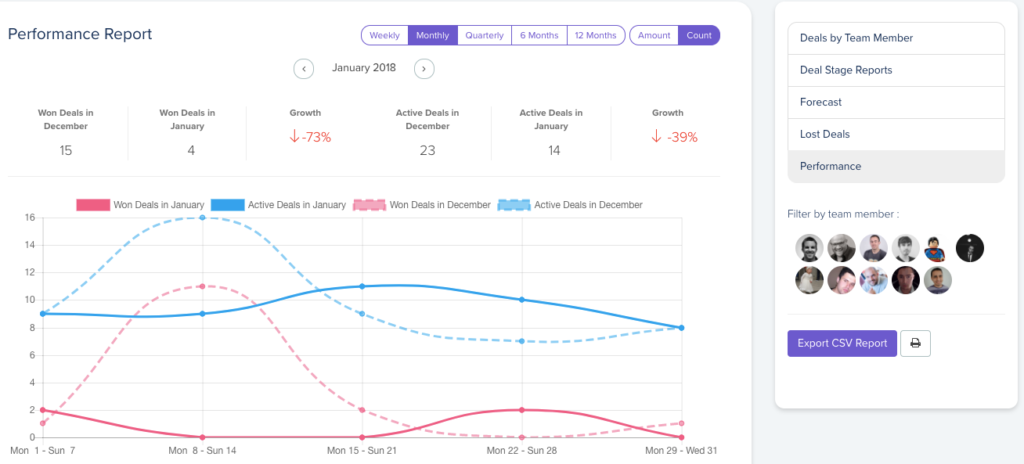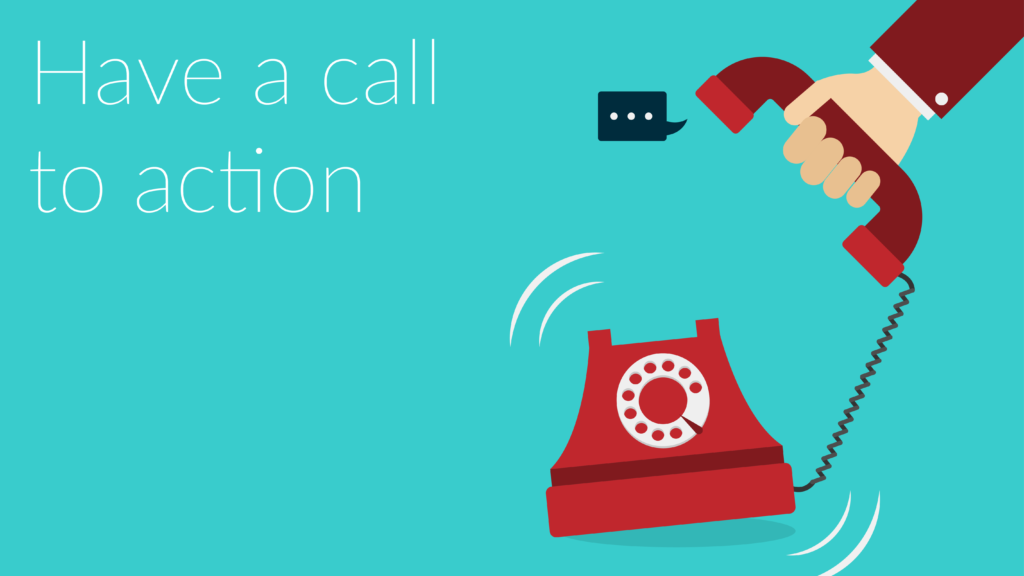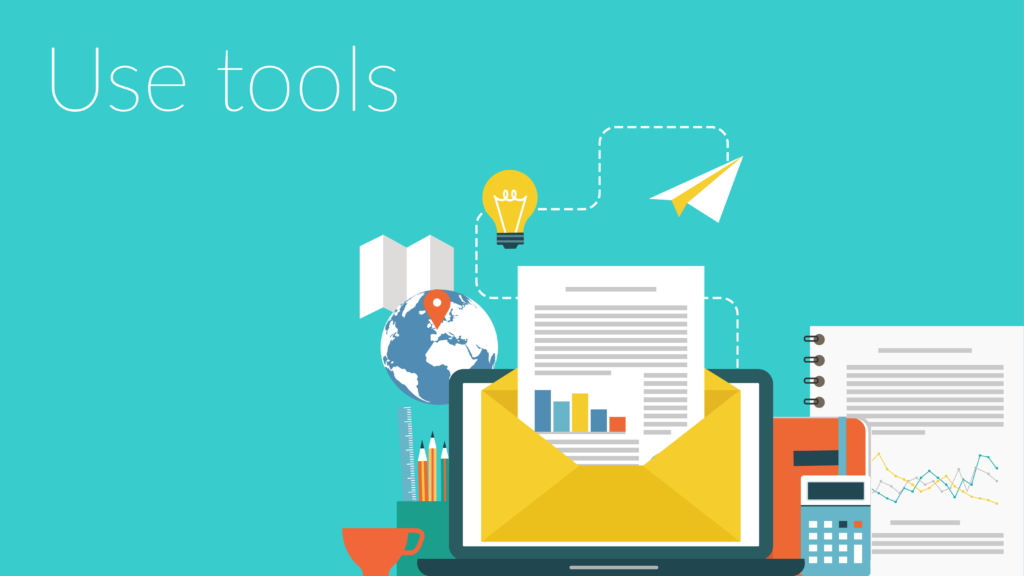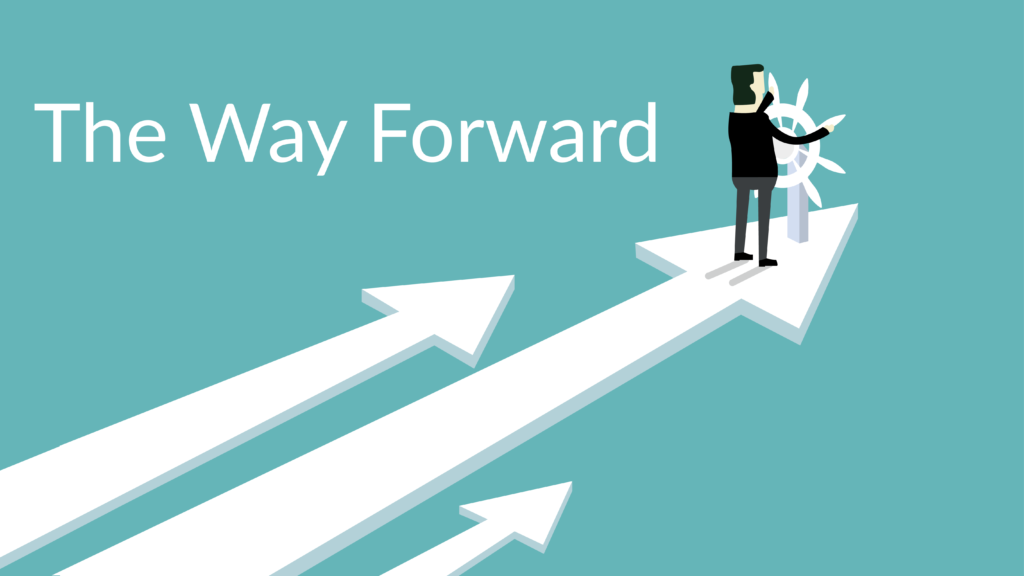The post How to Ignore the Tyre Kicker appeared first on Tubular.
]]>You know, those customers that give us a call or send us an email asking all sorts of questions, get our hopes up, but just proceeds to waste our time and burst our bubble. Isn’t that just annoying? We call these time-wasters tyre kickers.
Spotting a Tyre Kicker
Customers earn the tyre kicker moniker when they display considerable interest in an item or service and show purchase intent, but won’t ever make the decision to buy. They often ask a lot of questions about the product or service to show that they are a prospective customer but really they just waste everyone’s time.
But it’s not just one type. There are actually several types of tyre kickers you meet over the course of your business career. Here’s how you can spot them.
The Freeloader.
The first interaction you have with a customer is generally free. For those offering services, it’s an initial consultation. For those that offer products, it’s often a free trial. The freeloader will always look for ways to exploit these – ruthlessly. For instance, they might ask for a free quote or set up an initial consultation and just ask for as much information as possible through that initial conversation.
The Shopper.
The shopper can be one of two things: someone who is looking around for the best price possible because they are stingy. Doesn’t have a large enough budget or someone that generally doesn’t have a clue what they should get or do. They can be spotted by asking them about their budget. A value shopper will typically give you a price range that’s unreasonable while an indecisive shopper will have a difficult time coming up with a price range altogether.
The Student.
The student loves to take as much time from you as possible. They will ask you a ton of questions and present you with a lot of problems they are trying to solve. They’ll generally show interest in making a purchase but will steer the conversation back to their own problems just so you can share your expertise. Are generally the easiest to spot because they will literally take no action to move forward with the sale.

The Ghost.
Perhaps the worst kind of tyre kicker is the ghost. Ghosts are those that will agree to make the purchase or agree to give you the job but ultimately reneges on the deal and stops communicating with you. The best case scenario is they go underground prior to delivery of service or product. The worst case scenario is they disappear once you’ve given what they want Worst of all, ghosts are the most difficult to spot. The best you can do to protect yourself is to ask for an initial deposit to make them commit or protect you when they do go underground.

The Impact on Business
It’s easy to think that the only thing we’re losing to kickers is our time and effort. After all, we’re not spending anything to entertain their requests.
While that may be the case, it is also true that the time and effort spent entertaining their meaningless requests would have been better off spent on more productive things. And while it’s true that you’re not spending money, you’re not generating money, either. In fact, you may even be losing money by:
- Stealing our valuable ideas through various interactions
- The loss of opportunities by forgoing income-generating activities
- The loss of income stream by providing free consultations
- Spending resources on marketing materials
Perhaps the biggest damage of all is the damage it can do in terms of your self-esteem. Typically, with any interaction with a potential customer, a feeling of positivity and an overall sense of wanting to help is felt. Those feelings can immediately be reversed as you feel rejected by your kickers.
Getting Rid of Tyre Kickers
As customer-centric businesses, the main priority should be great customer service. Great customer service dictates that you treat each customer with the utmost respect in order to improve the chances of conversion. So how then can we remedy the tyre kicker situation without violating that dynamic? The answer is to create a structure or framework in which to put your clients to sort out the kickers from the real deal.
Call Their Bluff
Most kickers’ sticky point is price, especially for value shoppers. A good way to sort them out is by immediately naming your price. If you’re outside their budget, they will leave you alone. Now, you’re left with those that are still either just undecided or have no intention of buying in the first place. It’s time to give them what they want and say you have signed off on the discount. If the deal isn’t done after giving them what they want, then the deal will never get done. So, just move on.

Constantly Review Customer Profile
Always do your due diligence when interacting with a new customer. Take a look at your prospective customer’s profile and see if they are within your sector, job, role, or organizational profile. That way, you get a good idea of the chances you have of making the sale or closing the deal. Chances are, if they are far from your target sector or market, your chances of closing the deal is little to none.

Make Sure They Have Buying Power
Before performing any delivery of product or service, make sure your customers have the capacity to pay for the purchase. Take a look at your customer’s purchase history with other providers and see how reliable they are when it comes to payments. If these are unavailable, set up safeguards to protect you from ghosts like collecting partial payment, drafting a contract with payment terms, and regular invoicing with regular follow-ups for late payments.

Don’t be Afraid of Going Above Them
Especially for B2B transactions, there will be times when your time is being wasted by tire kickers. If this does happen often, don’t be afraid to go above them and communicate with their manager/superior about your time being constantly wasted. They’re not that hard to find on LinkedIn.

Create a 3-Call Policy
Why kick them to the curb when you can just keep them in your garage? Deploy a 3-Call Policy (Prospect, Offer, and Follow-up) that can help nurture all your leads – even those that need extra time for convincing. Identify your prospects and give them an offer that’s just too irresistible. Don’t forget to follow up regularly. If this doesn’t work in converting them, put them back in your funnel. But instead of placing them on your sales funnel, put them back to your marketing funnel and give them extra incentive.
The post How to Ignore the Tyre Kicker appeared first on Tubular.
]]>
